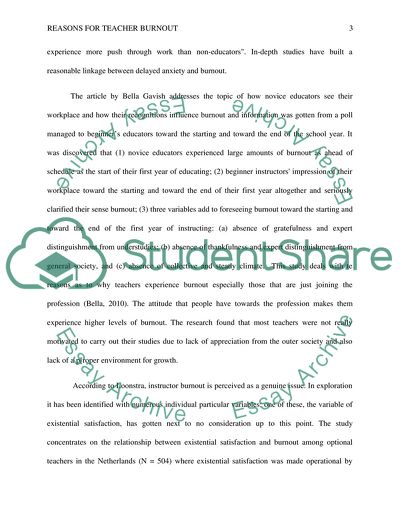Cite this document
(“What are the Causes of Teacher burn Out Research Paper”, n.d.)
What are the Causes of Teacher burn Out Research Paper. Retrieved from https://studentshare.org/psychology/1681220-what-are-the-causes-of-teacher-burn-out
What are the Causes of Teacher burn Out Research Paper. Retrieved from https://studentshare.org/psychology/1681220-what-are-the-causes-of-teacher-burn-out
(What Are the Causes of Teacher Burn Out Research Paper)
What Are the Causes of Teacher Burn Out Research Paper. https://studentshare.org/psychology/1681220-what-are-the-causes-of-teacher-burn-out.
What Are the Causes of Teacher Burn Out Research Paper. https://studentshare.org/psychology/1681220-what-are-the-causes-of-teacher-burn-out.
“What Are the Causes of Teacher Burn Out Research Paper”, n.d. https://studentshare.org/psychology/1681220-what-are-the-causes-of-teacher-burn-out.


